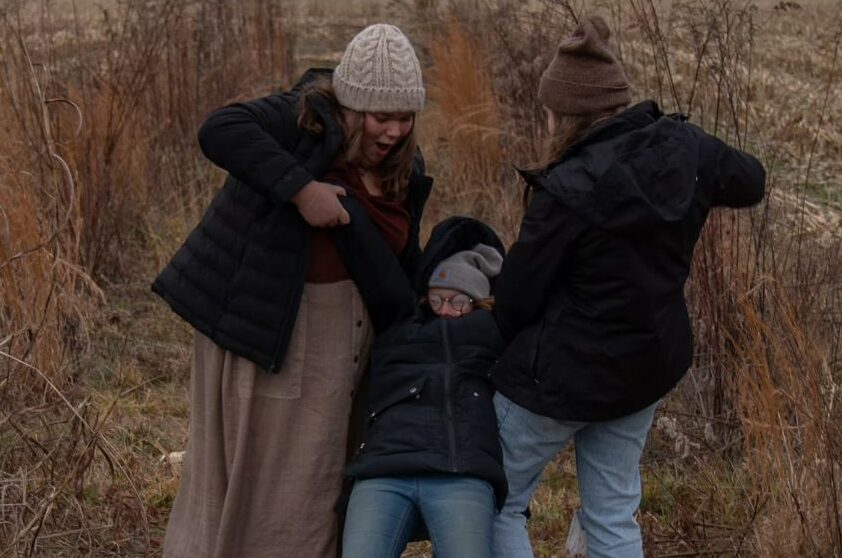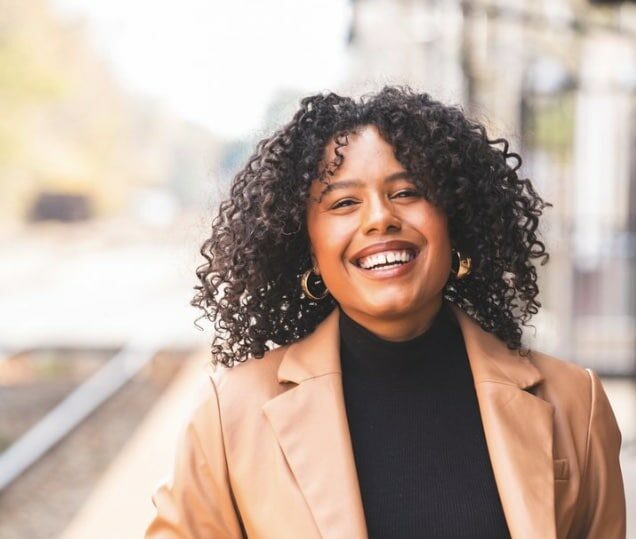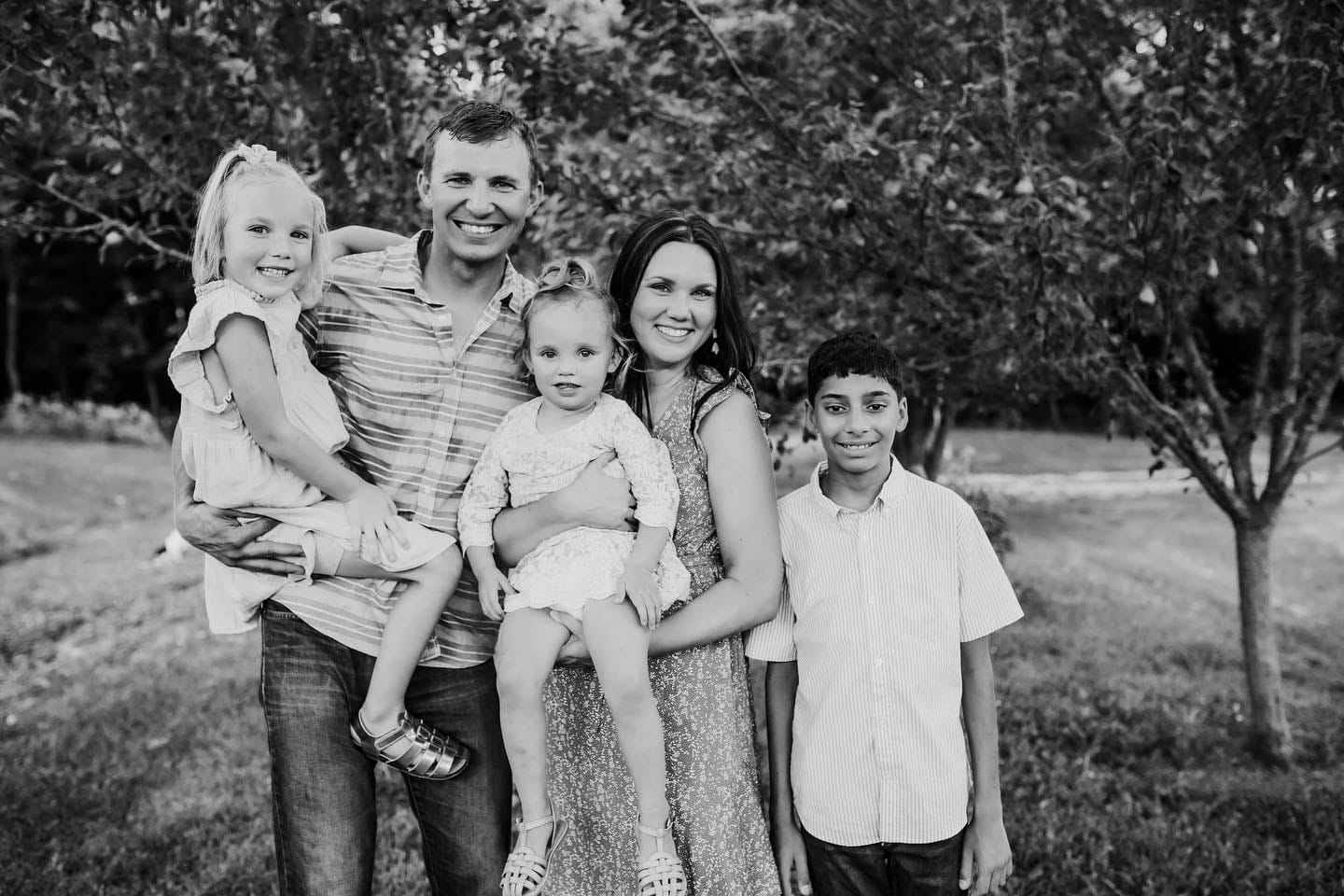Written By Raquel Mccloud
I was around twenty when I opened up MySpace to a message from someone I didn’t know. “This might sound crazy but I think you’re my sister.” This young girl grew up with a picture of me hanging on her wall…I didn’t know she existed until I was a teenager. A year or so later I was walking down the sidewalk of a strip mall when a customer that banked where I was a teller at the time threw her hand up, “Hey Raquel!” I waved, said hi and kept walking but when we passed her and her friend again, they stopped me. “Hey, my friend wanted to talk to you,” I don’t know what I expected but I know it wasn’t this. “I know this may seem weird but Raquel is such a unique name…I think you might be my sister.”
Like many children in kinship care homes, I was separated from half of my biology. My paternal grandparents lacked resources and support, and they made choices they felt confident were in my best interest. In reality, though, their choice to keep me separate from my biological mother led to unintended consequences…I was thirteen before anyone mentioned that I had younger half siblings from this woman, and I was in my twenties before I ever spoke to one of them. Their story is theirs to tell, but neither seemed to think too highly of the biological mother we shared, so I didn’t spend much time asking questions. Truthfully, I wasn’t that interested.
“Do you know when my biological mom’s birthday is, or at least how old she was when she had me?” I was thirty five when I finally dared to ask this question, it was just last week. “She turned 18 in January, right before your March birth but I don’t remember what day.”
I didn’t choose to start that conversation on my own accord, I did it for my twenty year old daughter, the sweet girl I placed for adoption shortly after my fifteenth birthday. She had started the tedious process of mapping out a family tree, something that becomes increasingly difficult when you have to account for adoption as well as kinship care. I promised myself there would always be honesty and communication between my children and I (both the children I parent and the one I do not). I wanted no shame or secrets leaving curious minds to fill in the blanks. When she started asking questions about my parents, though, I only had one side of information to offer. I could go back several generations with dates of birth and death but I couldn’t even say with certainty what my biological mother’s maiden name was.
I’m in the middle of reading, Before and After, real life stories of orphans who survived the Tennessee Children’s Home Society, written by Judy Christie and Lisa Wingate in response to Wingate’s #1 New York Times bestseller, Before We Were Yours. Despite the subtitle, most recounted stories paint a much different picture. Few, if any of the children were truly ever orphans, and the grueling investigation into the malpractice of this facility exposed that many of the more than five thousand children who passed through its doors were stolen from hospitals and front yards in Memphis, TN during Tann’s untouchable reign from the 1920s to its closure in 1950. What these women have exposed in their book, however, is that for these seventy and eighty year old adoptees, even those recounting the best circumstances, there is a lingering sadness. Not just for the missed opportunities to know undoctored truth or biological parents, but for a lifetime of missed opportunities with brothers and sisters they often didn’t know existed until decades later.
For some, family ties are more about medical histories than relationships but I don’t share that sentiment. Perhaps it’s my age or my clean bill of health (minus the mental struggles that are typical for someone with an ACE score of 8) but seeking out biological family needed to mean more to me than looking at genetic markers. My own curiosity wasn’t enough, but my daughter’s was.
Had you asked me a decade ago my thoughts on family preservation, I would have told you that family is more than blood, and in many ways I still believe that to be true. My own feelings, however, are often conflicted. As a child of kinship care who has survived varying kinds of abuse at the hands of family, I’ve learned how to walk away. I’ve learned that not all relationships are worth pursuing or preserving. I’ve learned to set boundaries and build walls. As a birthmother in reunion, I will proudly tell you that reuniting and cultivating a relationship with my firstborn has been one of my greatest joys. I needed an advocate for family preservation to offer me a parenting plan instead of threats to “place or get out” but that isn’t my story. Having the opportunity to bond in that aftermath has been healing for both of us. As a kinship adoptive mom to my biological half sister, I feel better equipped because of my own lived experience. I see the value in building bridges for BOTH sides of her biology, not just the side we share. After two years of educating and advocating within the adoption, foster and kinship care communities it is undeniably clear just how valuable family preservation is for the majority. Likely because it often offers answers, closure, peace or at the very least, understanding.
Checkout Raquel’s Children’s Books on adoption and kinship care here:
Tell Me My Story: What Does Adopted Mean?
Tell Me My Story: How Does Adoption Impact Siblings?
Tell Me My Story: Why Do You Live With Your Grandparents?



